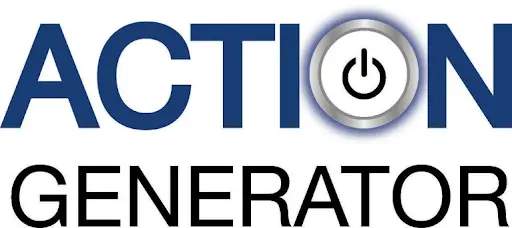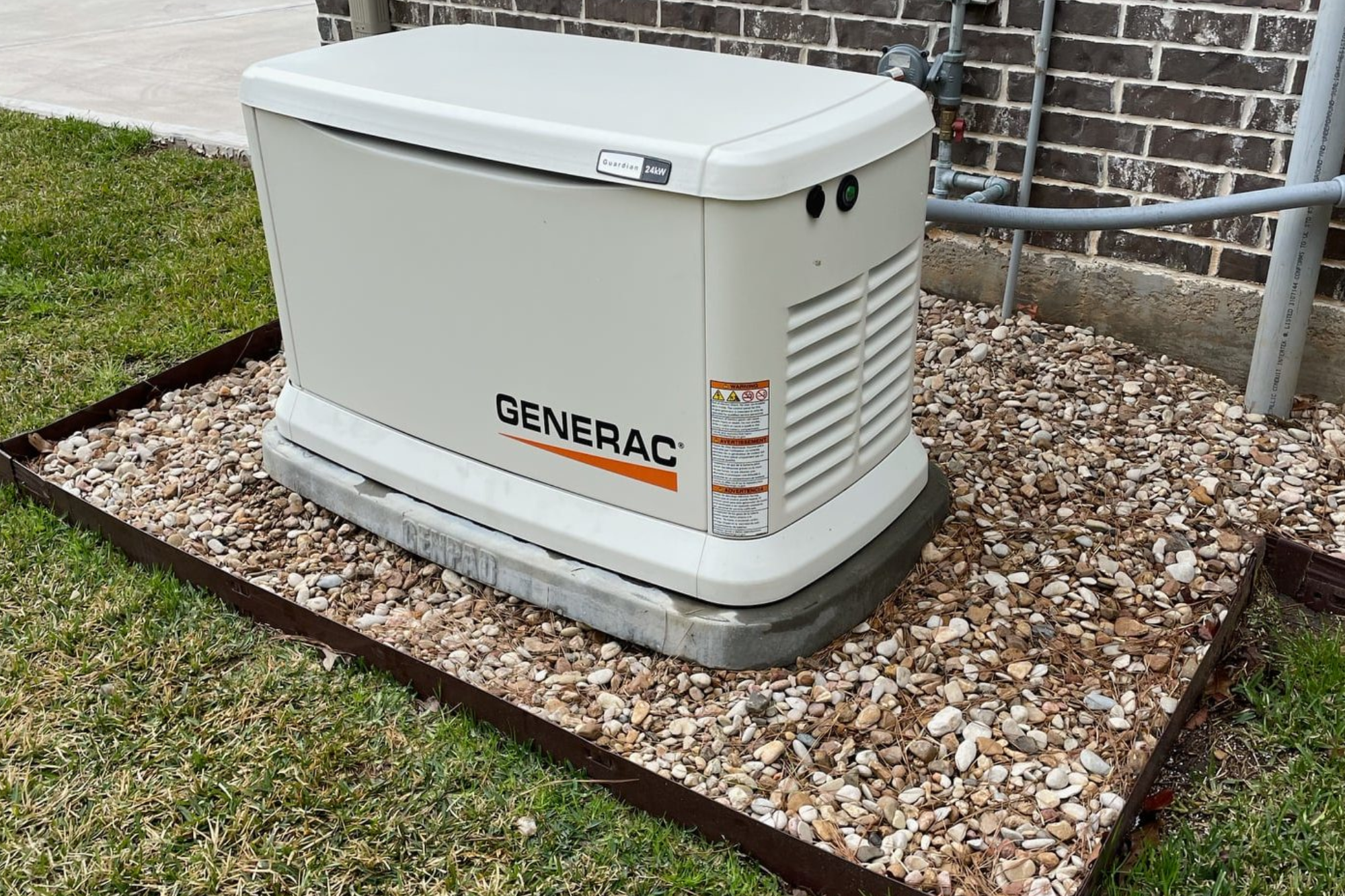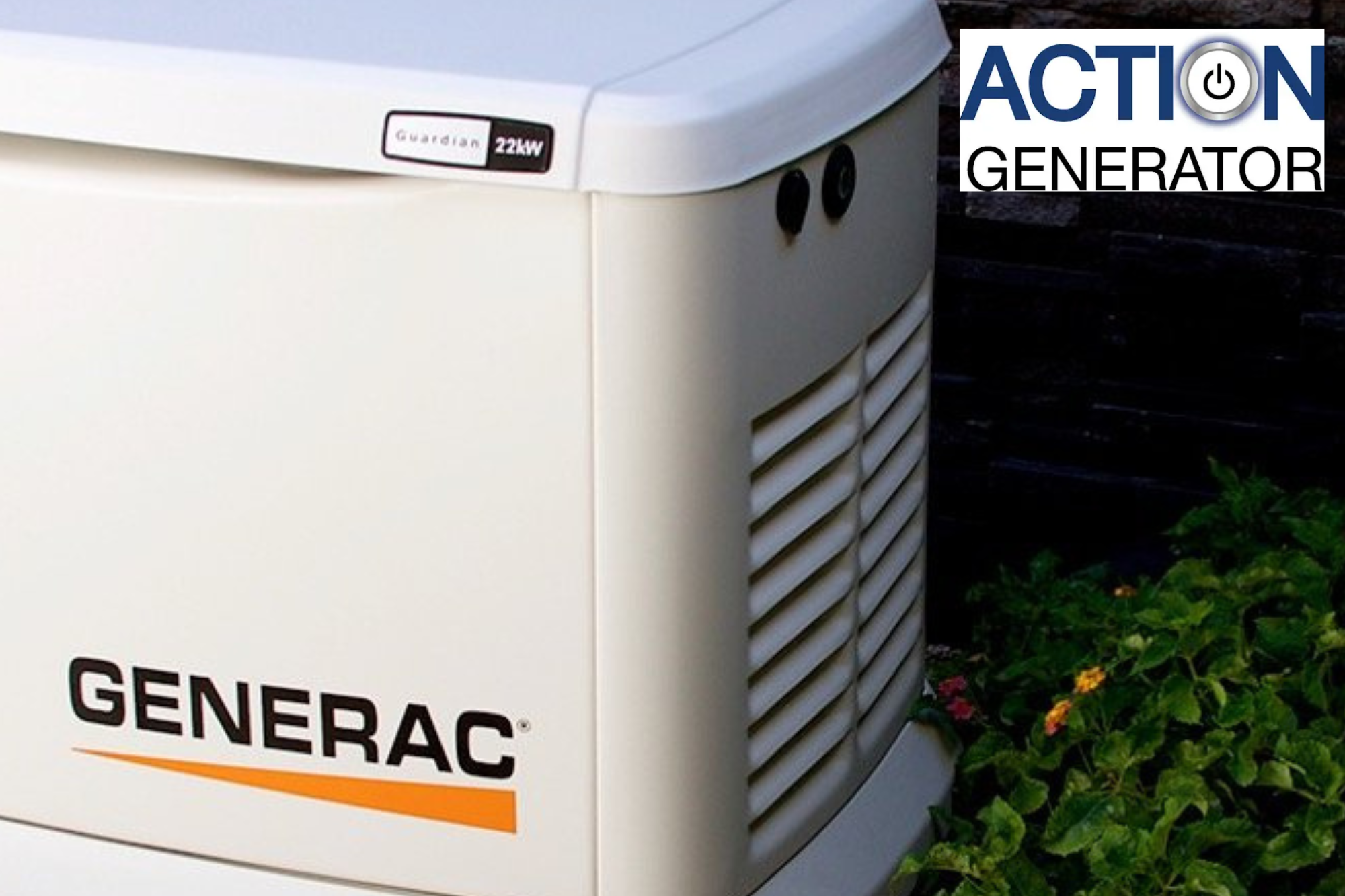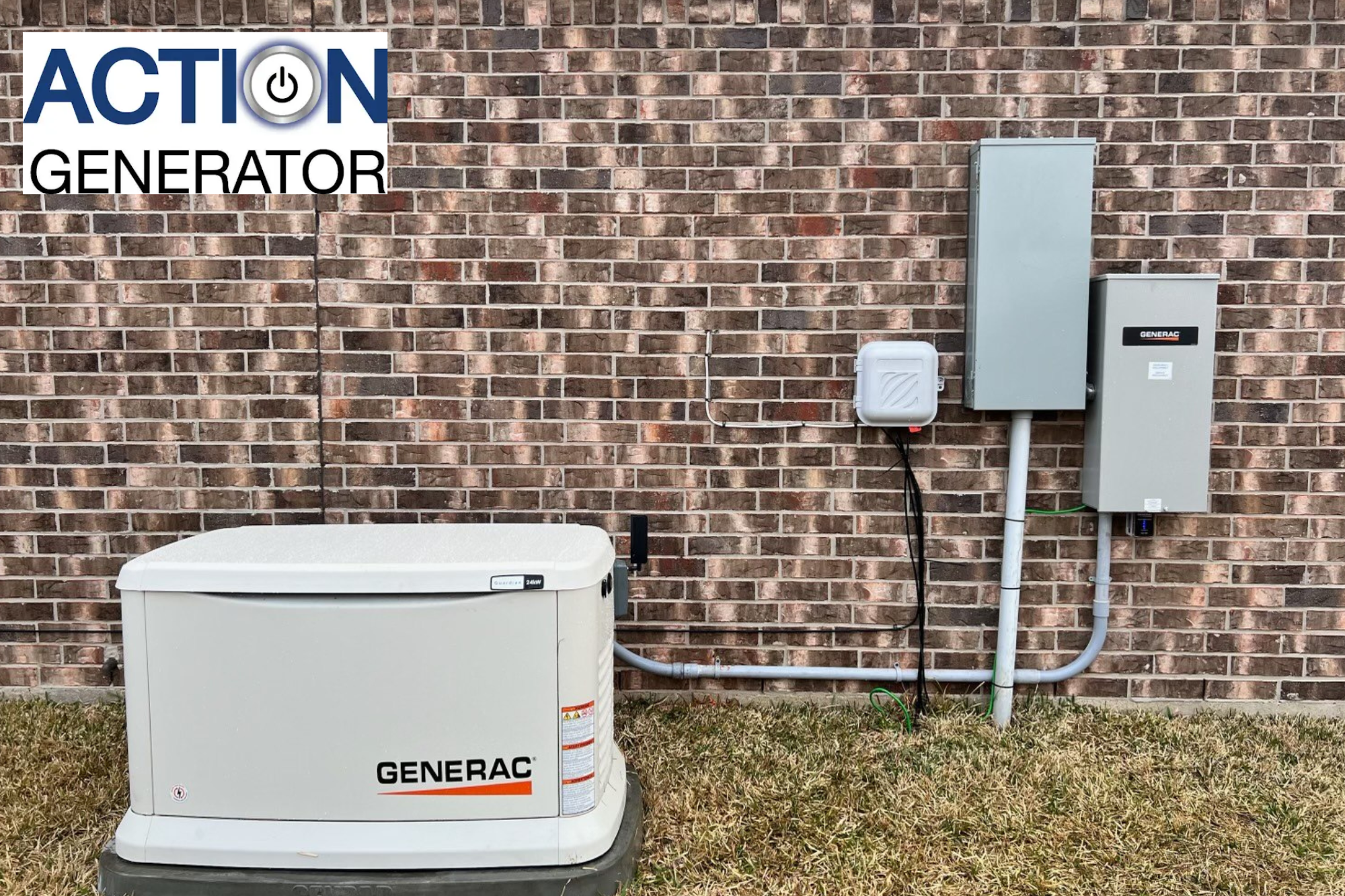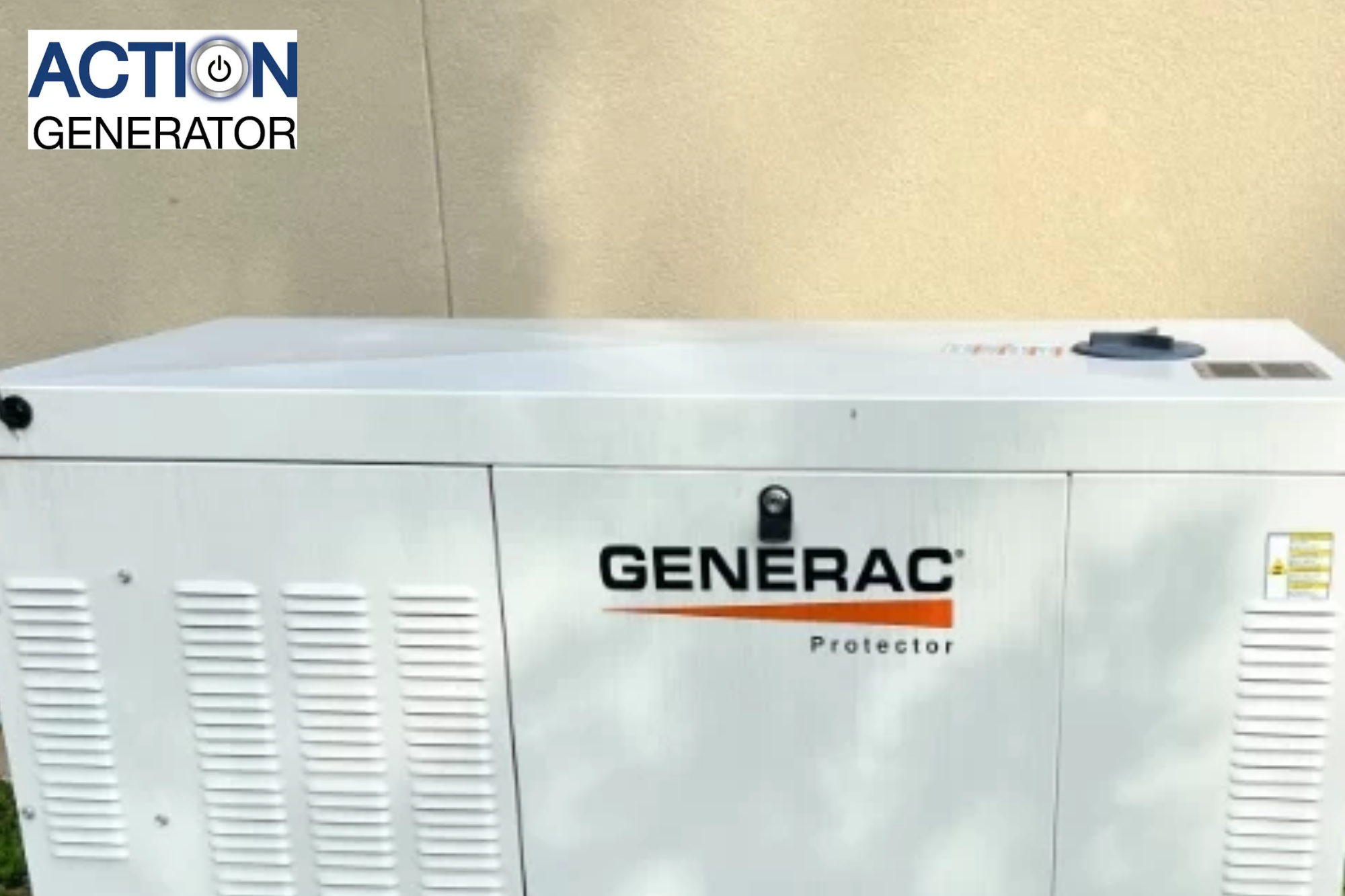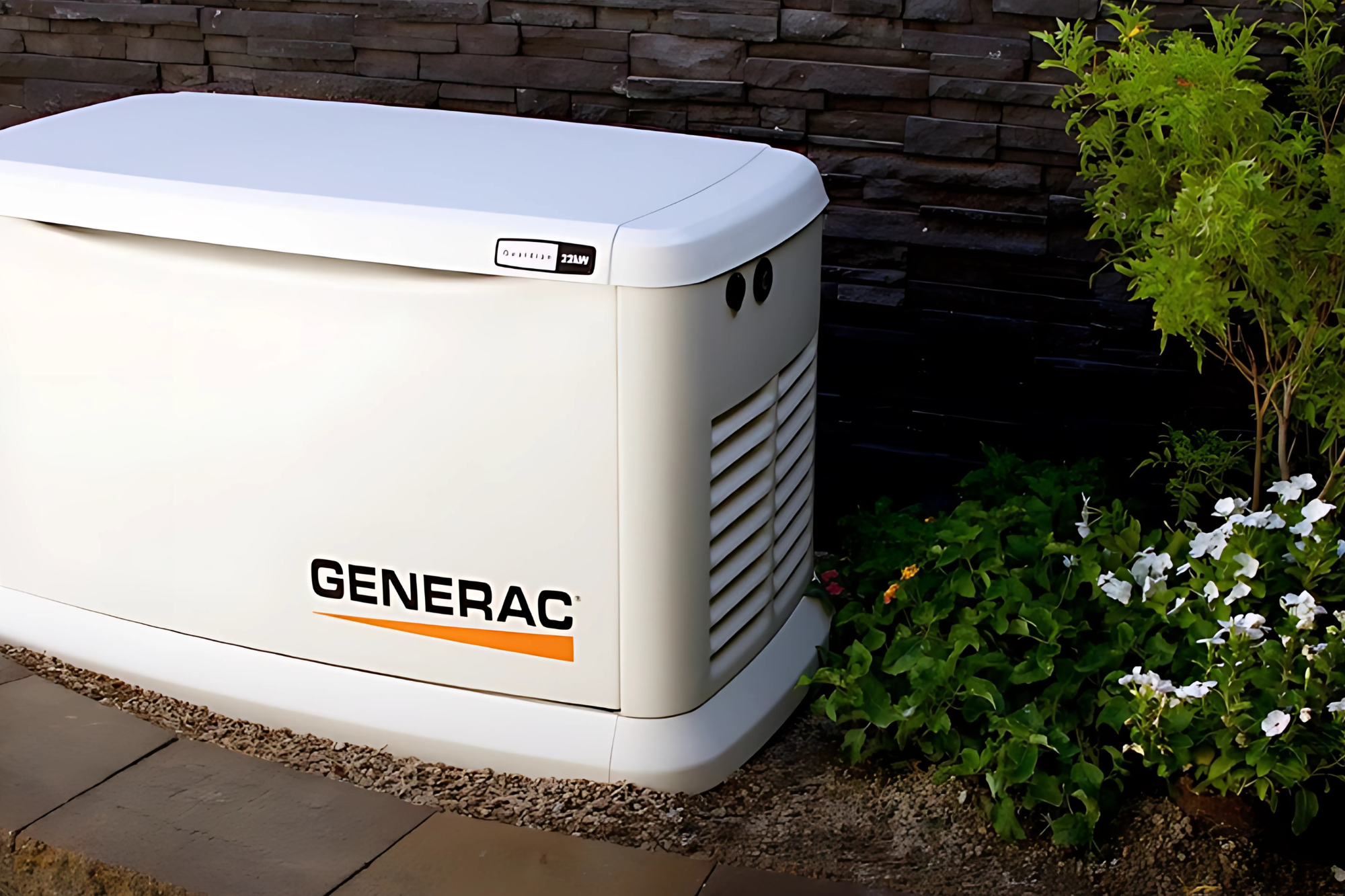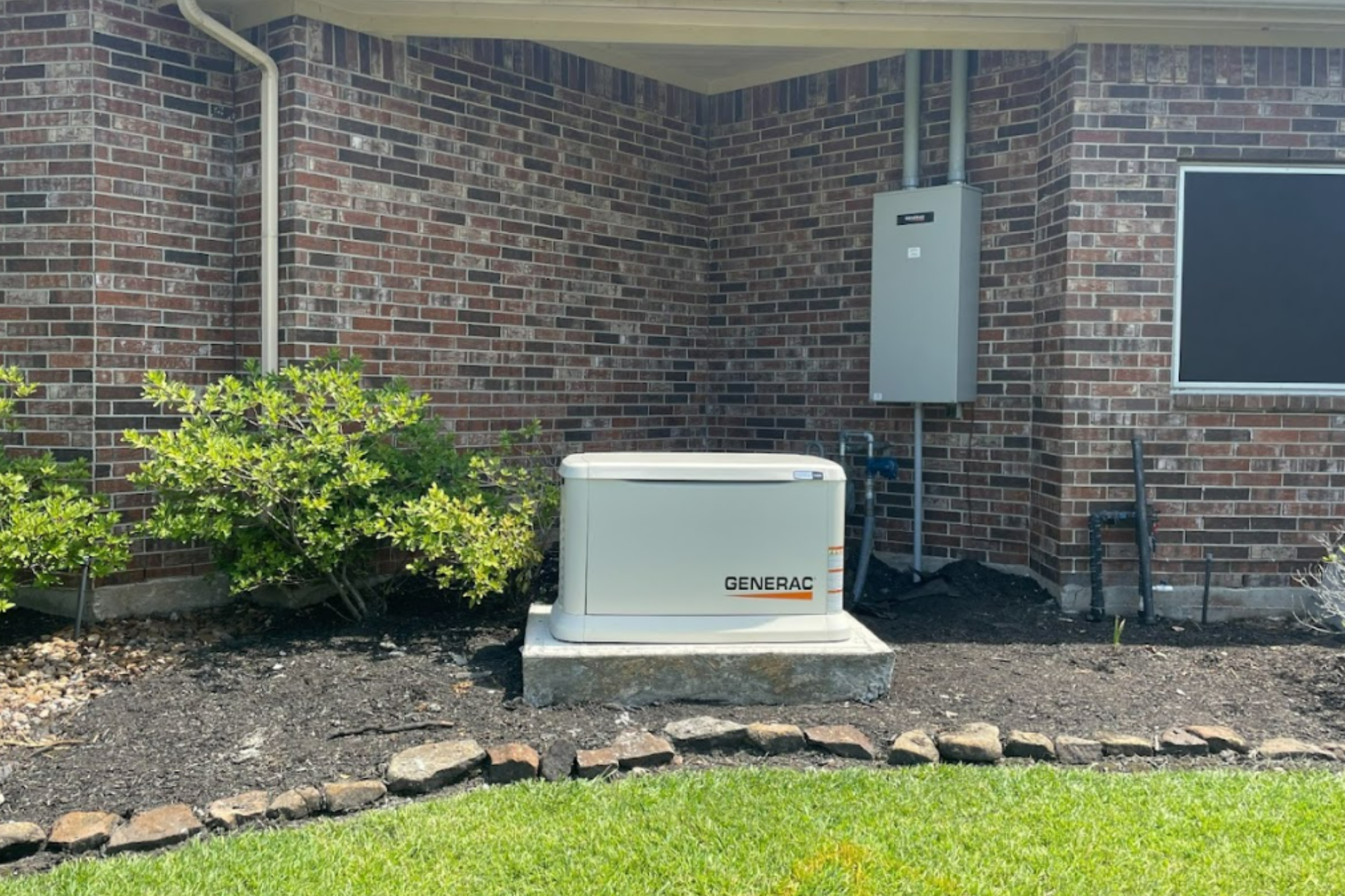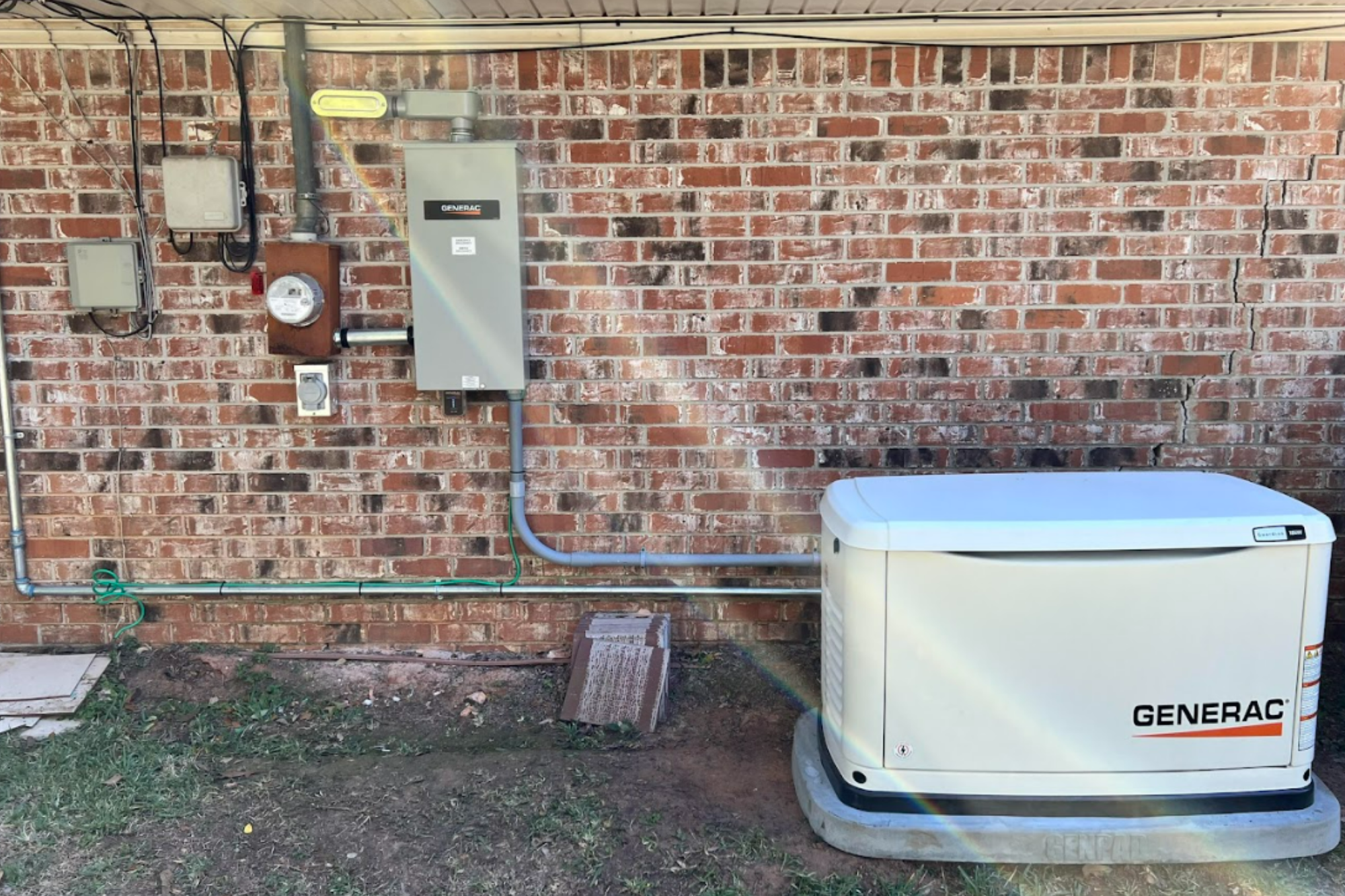Generators are vital to ensuring uninterrupted power supply, whether during a storm, blackout, or for running essential equipment. When your generator encounters issues, you’re left with a decision: should you attempt to fix it yourself, or is it better to call in a professional? While the DIY route may seem appealing due to potential cost savings, generator repair involve several complexities and risks that could outweigh the benefits. This comprehensive guide explores the pros and cons of DIY generator repair versus professional services, helping you make an informed choice.
Understanding Your Generator’s Components
Before deciding how to address a generator problem, it’s essential to understand the key components and common issues that may arise. A generator consists of several interconnected parts, including the engine, alternator, fuel system, control panel, and battery. Each of these components plays a critical role in ensuring the generator operates efficiently.
For instance, the engine powers the generator, the alternator converts mechanical energy into electricity, and the control panel regulates output. Common issues can include a dead battery, clogged filters, or fuel contamination, all of which can cause the generator to malfunction. Misdiagnosing these problems during a DIY repair can lead to further damage, highlighting the importance of a thorough understanding of the system.
When DIY Repairs Are Feasible
DIY generator repair can seem like an attractive option, especially for minor issues. If you’re confident in your technical skills, certain problems—like replacing air filters, spark plugs, or inspecting oil levels—may be manageable without professional assistance. The primary advantage of DIY repairs is cost savings, as you only pay for replacement parts and avoid labor charges. Additionally, tackling small fixes yourself can save time, especially if professional technicians are unavailable on short notice.
However, it’s critical to recognize the limits of DIY repair. Simple tasks, such as cleaning the generator or changing a filter, may not require advanced expertise, but attempting complex fixes can result in costly mistakes. For example, incorrectly connecting wires or misdiagnosing a fuel system issue can lead to further damage. Always ensure you have the right tools and knowledge before attempting any repair.
Risks of DIY Generator Repairs
While DIY repairs can seem straightforward, they often come with hidden risks. Safety is one of the biggest concerns. Generators deal with high voltage, and improper handling can result in electrical shocks or even fires. Additionally, handling combustible fuels without proper precautions increases the likelihood of accidents.
Another significant risk is voiding your warranty. Most generator manufacturers require that repairs be conducted by certified technicians. Attempting to repair your generator yourself could nullify the warranty, leaving you to cover future repair or replacement costs entirely out of pocket.
Lastly, DIY repairs often lack the thoroughness of professional service. Without specialized tools and training, you may miss underlying issues that a professional technician would identify and address.
The Advantages of Professional Generator Repair
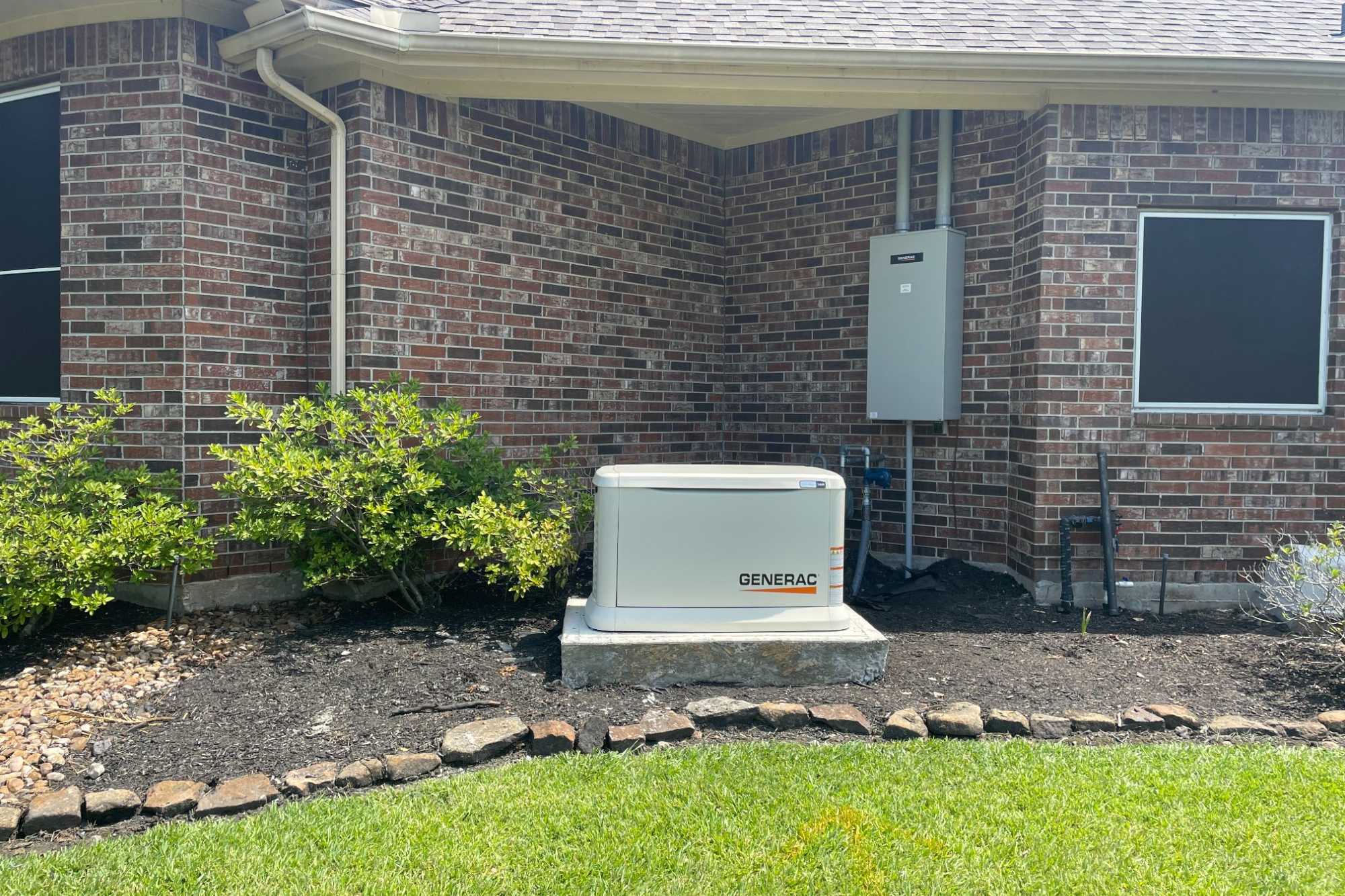
Professional generator repair offers numerous benefits, particularly for complex or recurring issues. Certified technicians bring specialized expertise and advanced diagnostic tools to accurately identify and fix problems. Whether it’s an electrical fault, fuel system issue, or alternator failure, professionals have the experience to provide reliable solutions.
Safety is another critical advantage. Professionals adhere to stringent safety standards, ensuring repairs are conducted without risk to you or your property. They also ensure compliance with local codes and manufacturer guidelines, which is crucial for maintaining warranties and avoiding regulatory penalties.
Professional services also offer preventative maintenance, reducing the likelihood of future breakdowns. Regular tune-ups conducted by trained technicians extend the life of your generator and improve its overall performance. While professional services come with a higher upfront cost, the long-term benefits of reliability and peace of mind make them worthwhile.
Safety Considerations in Generator Repair
Whether you’re pursuing DIY repair or professional service, safety should always be a priority. Generators deal with high voltage, and mishandling components can lead to severe injuries or property damage. For DIY enthusiasts, the lack of professional-grade safety tools and knowledge increases the risks significantly.
Proper grounding is a common safety issue overlooked during DIY repairs. An improperly grounded generator can result in electrical shocks or equipment damage. Additionally, dealing with fuel-related problems, such as leaks or contamination, requires careful handling to avoid fires or explosions.
Professional technicians are trained to mitigate these risks, using industry-standard tools and techniques to ensure safe and compliant repairs. They also understand local regulations, ensuring all work meets the necessary codes and standards.
Cost Analysis: DIY vs. Professional Repairs
Cost is a significant factor influencing the decision between DIY and professional repairs. DIY repairs often appear less expensive initially because you avoid labor charges. However, this can be deceptive. Misdiagnosed or improperly fixed issues can result in recurring problems, leading to higher expenses over time.
Professional repairs come with a higher upfront cost, but they provide comprehensive solutions that address the root of the problem. Technicians also identify potential issues before they escalate, saving you money in the long run.
When considering general repair cost, factor in the value of your time and the risks of improper repairs. While DIY fixes may save a few dollars upfront, professional services often deliver greater value and reliability.
Making the Right Decision
Deciding between DIY and professional generator repair service depends on several factors, including your expertise, the complexity of the issue, and your priorities for safety and long-term reliability. For minor maintenance tasks, DIY repairs can be a practical option if you have the necessary skills and tools. However, for complex problems, recurring issues, or repairs involving electrical systems, hiring a professional is the safer and more effective choice.
Consider the importance of your generator to your home or business operations. If reliability is critical, professional repair services provide the thoroughness and expertise needed to keep your generator running efficiently.
When your generator encounters a problem, it’s tempting to consider a DIY solution. While minor fixes can be manageable with the right skills and tools, many generator issues require the expertise of a professional technician. Safety, reliability, and the long-term health of your generator are critical factors to consider before picking up that wrench.
Professionals ensure accurate diagnostics, safe repairs, and compliance with warranties and regulations, making them the preferred choice for most repairs. If you’re unsure about your ability to fix a generator issue, consult a trusted technician, like those at Action Generator, who can provide expert assistance tailored to your needs. With the right care, your generator will remain a reliable power source for years to come.
